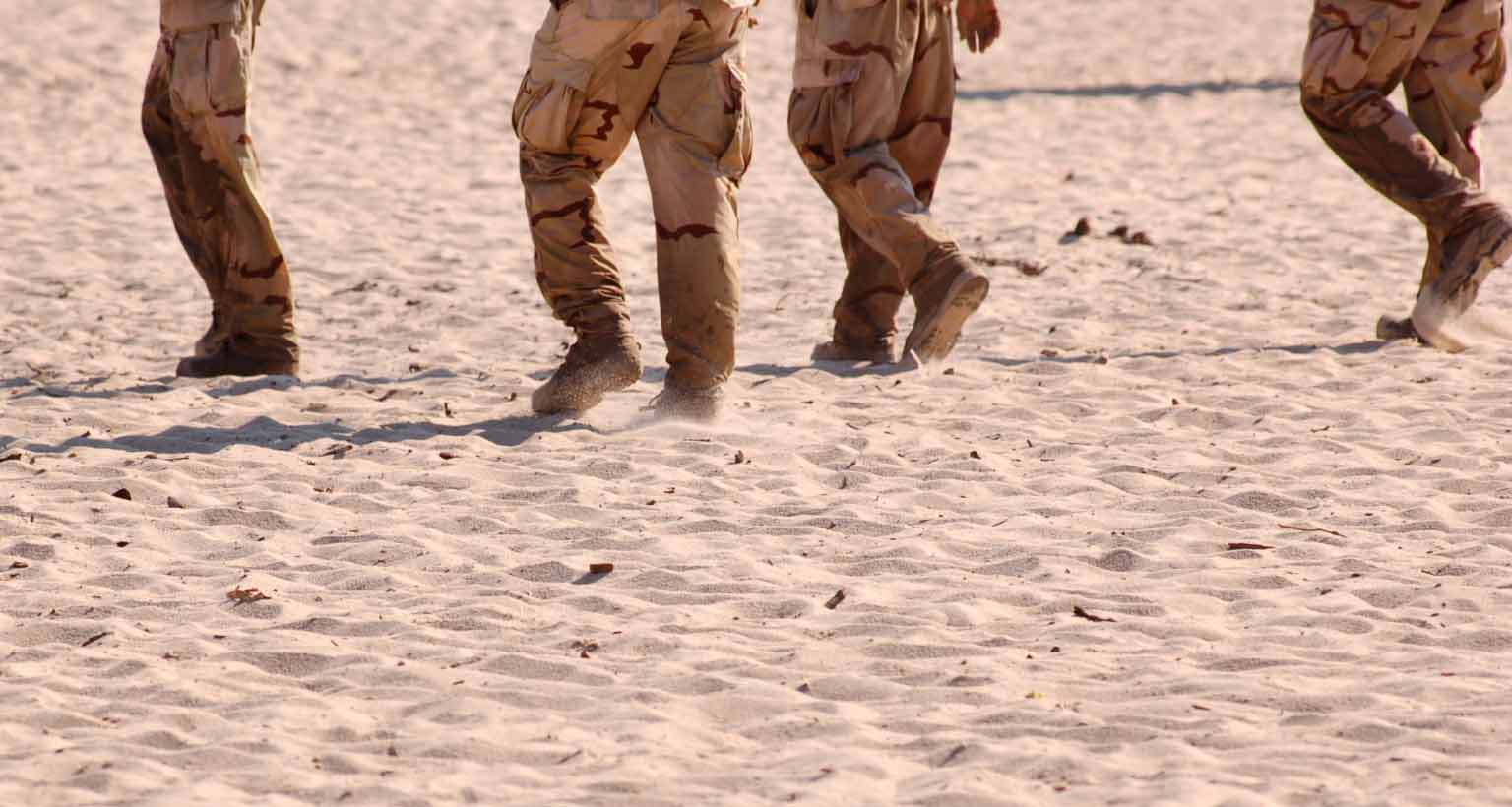Understanding Gulf War Illness and the search for promising treatments

Gulf War Illness (GWI), a debilitating multi-symptom illness, has affected and altered the quality of life for thousands of US Gulf War veterans. Approximately 700,000 troops from the US were deployed to the Persian Gulf and the estimates are that this illness afflicts a third of those who deployed.
Shortly following the end of the Gulf War in 1991 veterans began reporting a constellation of health symptoms . Researchers began what has now become a multi-decade-long quest to discover the causes of this illness. Over the years, substantial evidence supports a link between deployment to the Persian Gulf during Operation Desert Shield/Operation Desert Storm, environmental exposures from the war, and the development of GWI-related symptoms.
Symptoms of Gulf War Illness
GWI is a chronic health disorder that involves multiple body systems and includes multiple health symptoms. The hallmark symptoms of GWI, according to the widely used Kansas criteria, are fatigue, musculoskeletal pain, cognitive difficulties, gastrointestinal (GI) issues, respiratory problems and skin rash. A growing body of evidence indicates that GWI is associated with diverse central nervous system and immune alterations suggesting a neuroinflammatory component to the disorder, but pinpointing where these symptoms and conditions originate have been difficult to find.”
To date, much of our research on the specific symptomology of GWI has focused on the effects of the central nervous system including cognitive and mood difficulties of Gulf War veterans. Only more recently has attention started to turn toward understanding the relationship between these effects on the central nervous system and other debilitating symptoms including GI issues and pain.
Research showing promise in light of emerging risk
Research is beginning to show a potential connection between gut microbiome and GWI. Veterans with GWI report experiencing numerous chronic GI symptoms including abdominal pain/discomfort, bloating, nausea, vomiting, diarrhea as well as clinical diagnosis of irritable bowel syndrome (IBS) in many cases . Our research team recently found significantly different gut microbiome patterns among three groups of veterans–those with GWI and GI symptoms, those with GWI and no GI symptoms, and those without GWI and no GI symptoms.
Our team also discovered that GW veterans have actually been getting worse over time and are developing more chronic health conditions at a younger age compared to the general population(15).
A new risk has emerged in the form of the recent pandemic. Our veterans may be at higher risk for COVID-19 given that they have poorer health than civilians who were not deployed to the Gulf region. Since the World Health Organization declared a pandemic on March 11, 2020 the number of cases has risen dramatically around the world, with the United States currently having the most COVID-19 confirmed cases. While some individuals may not experience symptoms of the illness, those who experience symptoms are at risk for many complications including increased mortality rates. Underlying health conditions appear to play a major role in the outcome of infection. It is imperative that we understand how COVID-19 may affect our veterans.
More work must be done to understand how this evidence and the emerging risk of COVID-19 is affecting Gulf War veterans if we are to find potential treatments. Our work on the advanced aging that may be occurring in our Gulf War veterans and the role the gut microbiome plays in GWI, in addition to understanding and identifying the chronic health conditions we see in our veterans, can help us understand GWI and determine potential avenues for clinical trials treatments.
Dr. Patricia Janulewicz is an Associate Professor at the Boston University School of Public Health department of Environmental Health. She combines her expertise in environmental health, neurotoxicology and teratology to examine how environmental exposures impact the nervous system. Her work spans the life-course and examines prenatal, early postnatal, childhood and adult exposures with a focus on Gulf War veterans.
Dr. Kimberly Sullivan is a Research Assistant Professor at the Boston University School of Public Health department of Environmental Health and the former Associate Scientific Director for the Congressionally-directed Research Advisory Committee (RAC) on Gulf War Veterans’ Illnesses. She currently directs two large multi-site consortium studies of Gulf War Illness and military veterans’ health outcomes. Her research is focused around aging and behavioral neurotoxicology, including neurobehavioral outcomes and the effects of physical stressors and genetic predisposition to disease on cognitive functioning in Gulf War Illness, Alzheimer’s disease, stroke and Parkinson disease.




